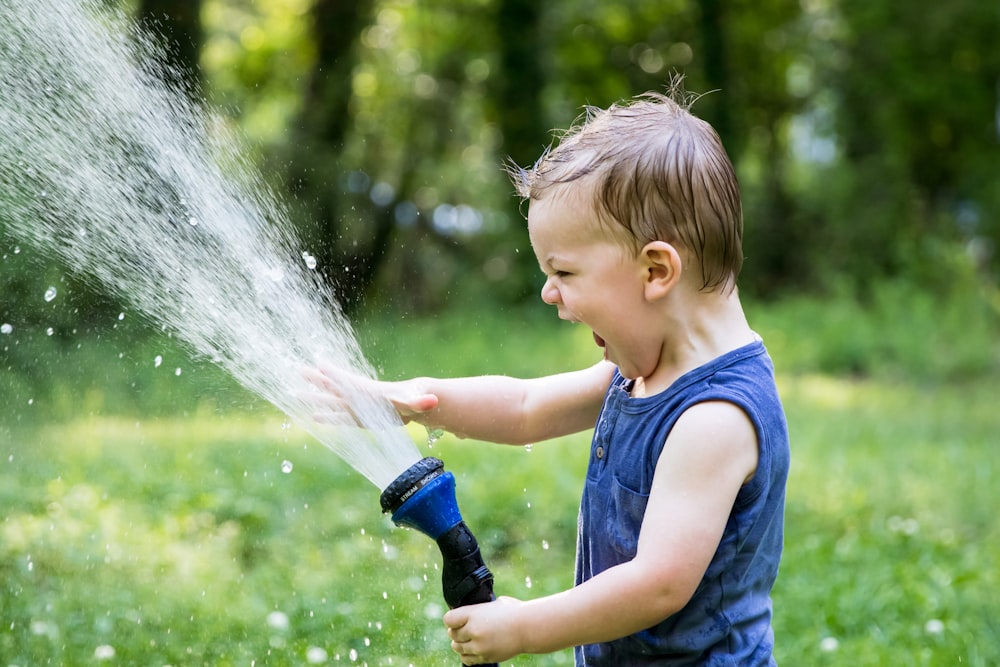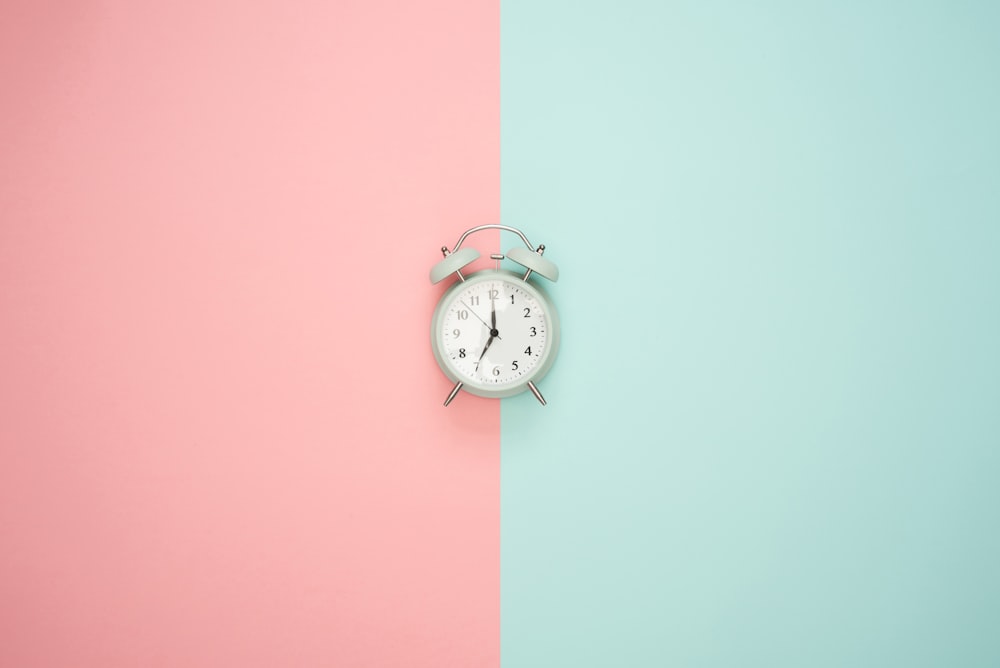I have written before about my trials and travails in fatherhood here in Missoula.
As all parents know, it’s a “learn as you go” kind of thing. If we’re lucky, we have good role models. Luck, too, will mean we have time to read books and talk with friends and seek out support along the way. A third stroke of luck is having a happy, healthy kiddo.
I count myself as among the very, very, very lucky.
But that doesn’t mean it’s easy. In fact, given how difficult being a parent is some days, I just often let out exasperated gasps just thinking about how much more difficult it could have been.
In between those exasperated gasps and sighs and moans, I’ve developed what I call my “dao of parenting.” It’s a work in progress as I continue to apply it to my life as a parent of an almost-three-year-old. But when I use the ideas and methods I’ve learned from Daoism and other Asian philosophies in parenting, I find myself a lot happier and my relationship with my kiddo a lot stronger.
A successful life
Professor Erin Cline, a philosopher and mother of three, writes that Chinese philosophy can serve to help us in our lives as parents. As she says, for Chinese philosophers:
A successful life – a life well lived – is one in which a person flourishes: they are happy, fulfilled, and find meaning in what they do and who they are. This type of fulfilment, they argue, comes not from participating in the ‘right’ activities, attending prestigious schools or having earning power. Rather, it comes from loving and being loved by others within the context of meaningful, lasting relationships; understanding the way in which your own identity is bound up with the lives of those who have gone before you; giving generously of what you have to others; caring for and having a genuine love of nature; and finding your true vocation – no matter how humble it might be.
My first take-away from this is a simple “wow,” as I let it sink in that there are ideals about parenting, and life itself, that are so radically different than many of our own. Indeed, this feeling of awe about the many different ways of seeing the world and living life has driven me to study philosophy and travel the world.
Right Activities
In America, we have a lot of opinions about what constitutes the “right” activities—for kids, adults, the elderly, pregnant people, athletes, movie stars, and pretty much anyone else you can think of. So it’s refreshing to know that there are entire cultures that don’t have these opinions. To be sure, some people in China and India do, and some of that is natural. But some of it is also Western influence. Korean Pop music is very much Korean. But it is also modelled on the pop music and boy/girl bands of England and the U.S. The obsessions for them is also very much a reflection of Western obsession with stardom.
But also prevalent in most Asian cultures is the emphasis on community and group harmony. The community is seen as the source of all good, not the individual. So the philosophy says that to have thriving individuals, we must work to have thriving communities. As Cline notes, this also has a special emphasis on caring for and respecting those who have gone before you, your parents, grandparents, and so on.
When dealing with a toddler, the “right” activities often constitute a fixed daily routine that should be followed. In my experience, having such a routine is nice, but trying to hold to it too rigidly will lead to exhaustion.
Navigating the ever-present change
One of my favorite aspects of Buddhist philosophy is what’s known as the three marks of existence. These are: impermanence, unsatisfactoriness (a clunky term but a better translation than “suffering”), and selflessness. Impermanence is simply the reality that everything is changing all around us. Unsatisfactoriness follows from this insofar as we are not ready for that change—and this is very often the case. And selflessness is applied to all things to indicate that there is no “thing,” even an innate self within us, that is exempt from these first two marks of existence.
Everything changes. Even us. And this hurts sometimes. In fact, the Buddha taught, it hurts in a kind of subtle existential way all of the time.
Bedtime routines are a wonderful reminder of this. In our house, we’ve been trying to figure out a way for our kiddo to get enough to eat so that she doesn’t wake in the middle of the night hungry and crying. Some nights we get it right. Some nights we don’t.
A few days ago, I tried mixing a protein-banana-milk shake (made with organic pea protein) for her before bed, thinking that the protein in particular would lead to a lasting fullness to get her through the night. The mistake I made, however, was in putting it into her usual evening milk bottle. This caused a furor, as she only wanted milk in that bottle.
Lesson learned, I tried again last night to give the kiddo a bit of extra protein before bed again. This time I mixed it and offered it to her in a cup. But this time she insisted that I put it into her special milk bottle. I reminded her gently of what happened last time and asked if she was sure. “Yes, I am,” she calmly responded. Sure enough, it worked. She nocked back about two-thirds of the shake before bed.
Letting go of the “right” answers and right actions allowed me to listen to her in the moment and change my path. This ability is crucial in so much of life. Having a good routine or structure is also needed, but flexibility within that, especially when working with young children, has kept me much saner and happier than I would have otherwise been.
 Justin Whitaker, Ph.D., holds a doctorate in Buddhist ethics from the University of London. He has given lectures, and taught Buddhist studies and Philosophy at Oxford University, the University of Hong Kong, the University of Montana, and at Antioch University’s intensive study-abroad program in India. A certified meditation teacher, he is a regular contributor to Patheos.com, and Senior Correspondent for Buddhistdoor Global. Justin is the official blog writer for Sunflower Counseling MT in Missoula, Butte, Kalispell, Billings, and surrounding areas. He lives in Missoula with his family.
Justin Whitaker, Ph.D., holds a doctorate in Buddhist ethics from the University of London. He has given lectures, and taught Buddhist studies and Philosophy at Oxford University, the University of Hong Kong, the University of Montana, and at Antioch University’s intensive study-abroad program in India. A certified meditation teacher, he is a regular contributor to Patheos.com, and Senior Correspondent for Buddhistdoor Global. Justin is the official blog writer for Sunflower Counseling MT in Missoula, Butte, Kalispell, Billings, and surrounding areas. He lives in Missoula with his family.



